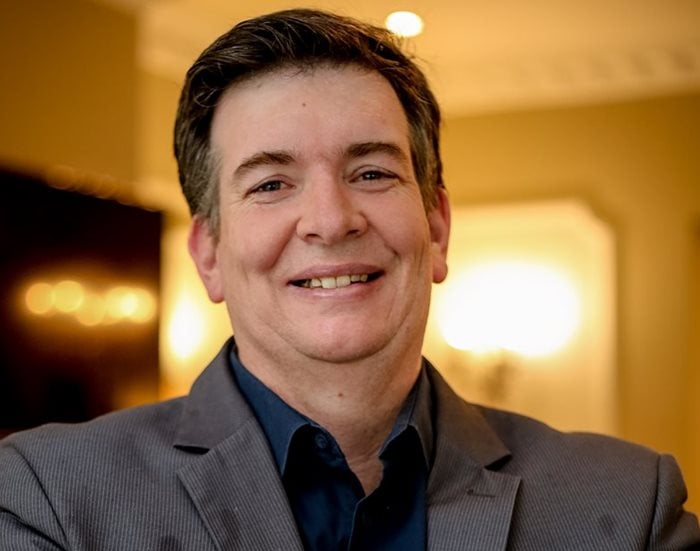
Top stories




EntrepreneurshipAfrica’s Business Heroes opens 2026 applications with $1.5m in grant funding
47 minutes


More news



ESG & Sustainability
Redisa calls on govt to fix South Africa’s “broken” waste management system



























Its recent partnership with The Global Fund will accelerate strategic initiatives to fight Aids, tuberculosis and malaria by building diagnostic capacity and pandemic preparedness.
“As Roche celebrates its 125-year milestone, we are redoubling our efforts for Africa and defining a long-term strategy to ensure that we drive real access. To do that, we can’t only be inwardly focused on products or profit. We must formulate practical solutions to all African countries' social-, micro-, and macro-economic barriers.
"Technology is one of the most vital pillars in establishing a working strategy here. But even more important are the actions of our people in the trenches and the work that they do.
“Partnerships with The Global Fund and other international players signal the beginning of a new approach to generating access to diagnostics and healthcare in Africa, and they are only the beginning.
"As healthcare organisations, our primary purpose is to drive equal access for every African. We are aiming high, but there is infinite possibility in establishing broader partnerships – some of which may appear unconventional – to achieve our purpose.
“Engaging with businesses increasingly across the healthcare spectrum, and sometimes outside of it, can break down walls. This multipronged approach begins at the source – the countries and communities with limited infrastructure, which we must address in innovative or unconventional ways.
“One of the most significant barriers to access in Africa is distance. For example, in certain countries, there is only one pathologist per million people. In some, the only available transport for blood samples is public buses. In the past, that posed a problem, as blood samples needed to be stored at temperatures well below room temperature.
"Innovation solved this problem by enabling the use of dry blood spots to assay results. The beauty of this technology is its simplicity. Blood is simply dried on specialised filter paper and remains stable at room temperature. Often, the most straightforward solutions offer the most outstanding results.
"We can identify solutions by engaging with stakeholders at the source. These include patient advocacy groups, healthcare funders, governments, local healthcare professionals, patients and community members. Beyond that, we can collaborate with other healthcare businesses – even competitors.
“End-to-end access in the greater patient journey cannot be established in a vacuum. We should collectively be asking questions like, "How do we increase access to telemedicine and telepathology?", and "How do we improve broadband internet access to enable digital-healthcare empowerment across the continent?"; and "Where can we unexpectedly leverage other technologies beyond healthcare to deliver better solutions?"
“If we establish partnerships with internet providers, we can potentially extend our digital-healthcare initiatives. If we engage with social-media companies like Meta or TikTok, we can spread awareness about preventative care and the value of early diagnosis.
“According to UN statistics, Africa has the youngest population in the world, with 70% of sub-Saharan Africa under the age 30. 45% of the population used social media in northern Africa, while in southern Africa, social media has 41% penetration. In other regions, those figures are still climbing. Digital transformation has the scope to reach more Africans – particularly young people – and we could be using that to realise our purpose.
“Widespread awareness among young people in Africa could help filter through vital messages about disease prevention and the value of early diagnosis for various common conditions. One of the most significant disease burdens is non-communicable diseases – like diabetes, hypertension and cardiovascular disorders.
“In addressing these, simply educating affected population elements about the importance of healthy lifestyle choices could make a significant impact. We can empower the future generation to take custody of their destiny.
"Early screening of diabetes, for example, can help pre-diabetic patients manage the disease by making simple lifestyle changes, reducing the need for later treatment. Using the digital tools available to us, we can find ways to drive a knock-on effect that will ultimately ease the African burden.
“We can collaborate to cross the divide. Varied, innovative partnerships can create ubiquitous healthcare solutions. Let’s put our heads together to develop effective processes to collect and transport test samples and generate results.
“Let’s increase our communication efforts to more patients so that cure gives way to widespread prevention.
"And let’s work together to make timely clinical interventions a reality on our diverse continent. If we work together, every day can be Africa Day.”